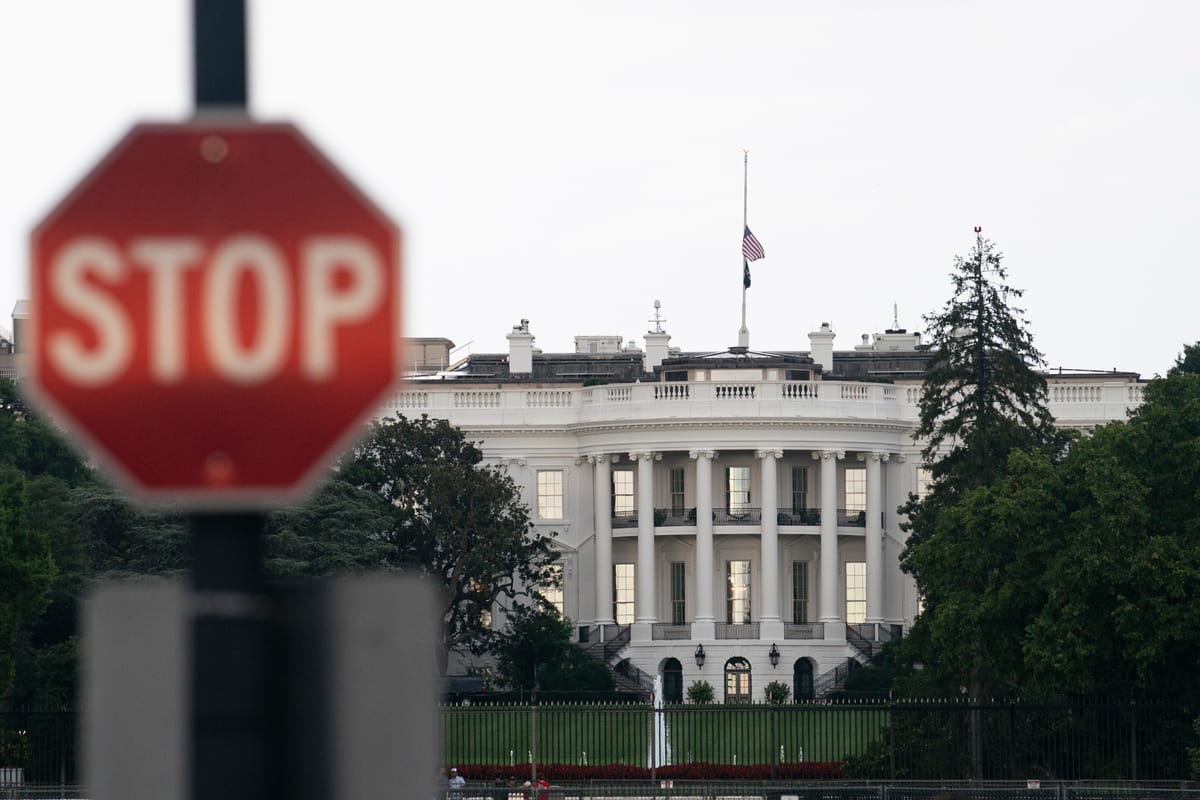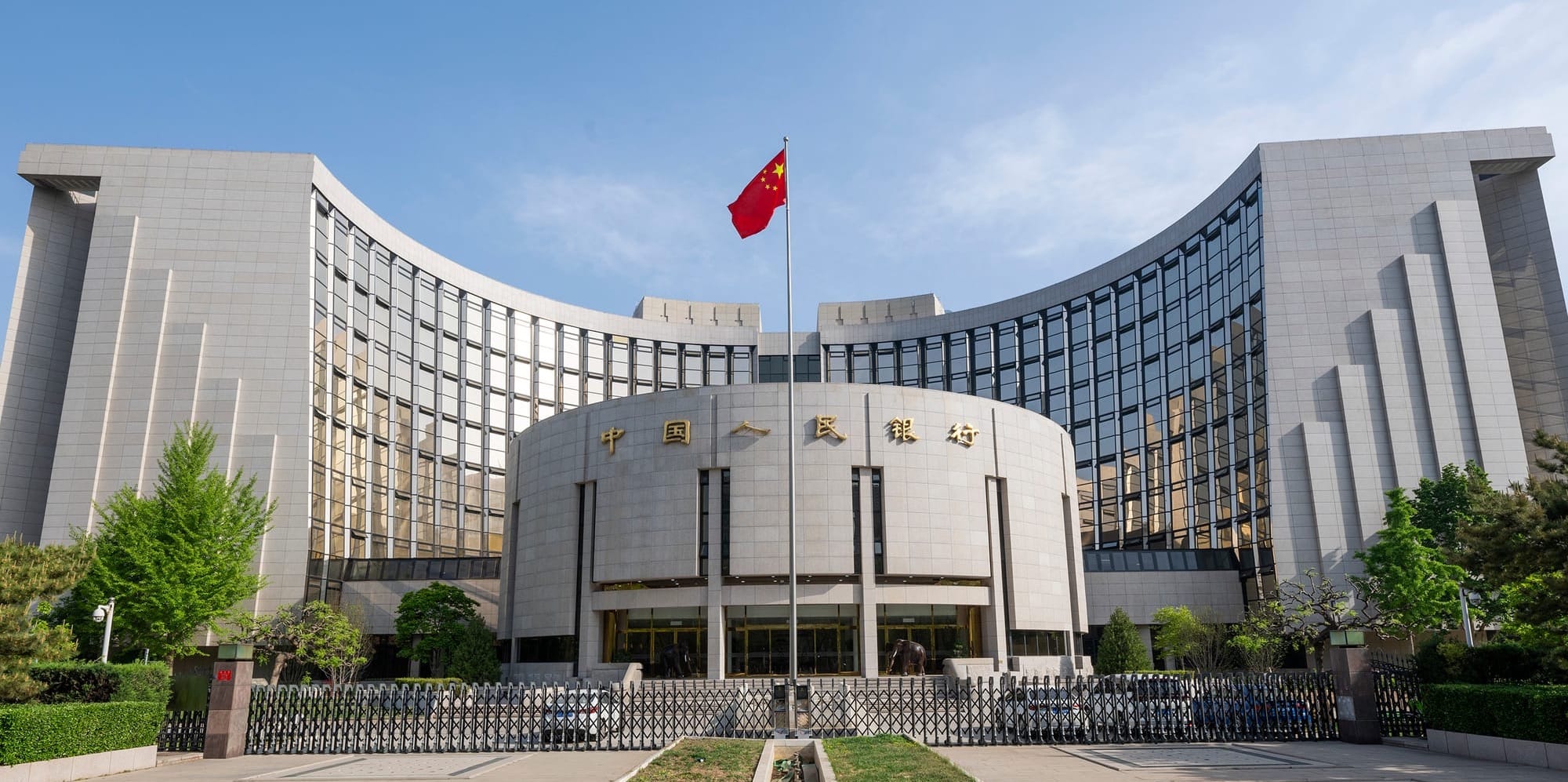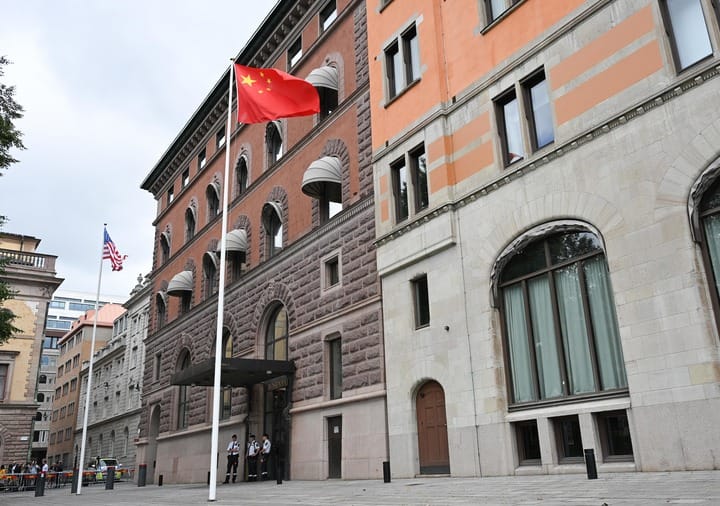Countering Monetary Shockwaves

By Zhang Ming|China Daily Global
Beijing must advance the dual-circulation development strategy, accelerate the diversification of its foreign exchange reserves and prudently advance the internationalization of the renminbi.

With the collapse of the Bretton Woods system in the early 1970s, the international monetary system entered the era of the Jamaica System. Also known as the US dollar-standard system, this arrangement saw the US dollar — no longer pegged to gold — retain its role as the dominant global currency. Under this dollar standard, the anchor for global currencies shifted from gold to the credibility of the US central bank. In other words, global investors tend to believe that the Federal Reserve, with its strong independence, is committed to maintaining domestic price stability in the United States. Consequently, the Fed controls dollar issuance within reasonable bounds. This approach helps sustain the dollar's purchasing power and exchange rate stability, thus preserving its status as the world's primary reserve currency.


